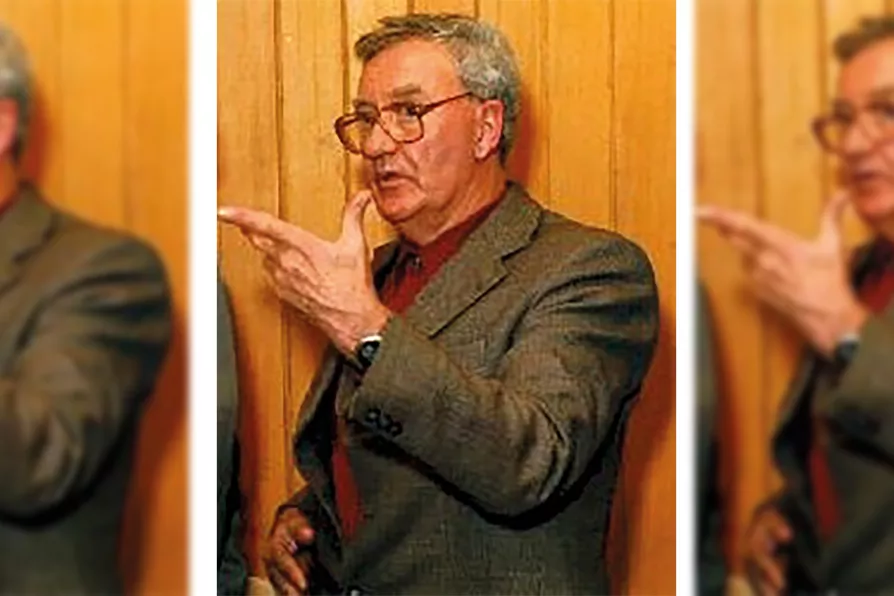The annual commemoration of anti-fascist volunteers who fought fascism in Spain now includes a key contribution from Italian comrades
Sam Nolan: tribune of Dublin labour
1930-2024

 Sam Nolan
Sam Nolan
WITH the death of Sam Nolan on April 14 2024, the Dublin labour movement lost one of most inspiring stalwarts.
Born in 1930, his parents were committed socialists, his carpenter father a union activist and Communist Party of Ireland member.
Young Sam followed his father’s trade and, in 1947, joined the Socialist (later Democratic) Youth Movement and, by 1952, was serving on the executive of the Irish Workers League (IWL).
More from this author
Similar stories

Remembering a dedicated T&GWU activist, internationalist and anti-sectarian

Labour’s refusal to challenge banking profits or tax the rich exposes its painfully hollow rhetoric of ‘tough choices,’ while the trousering of freebies and schmoozing the gambling industry undermines its basic integrity, argues BERNIE EVANS











